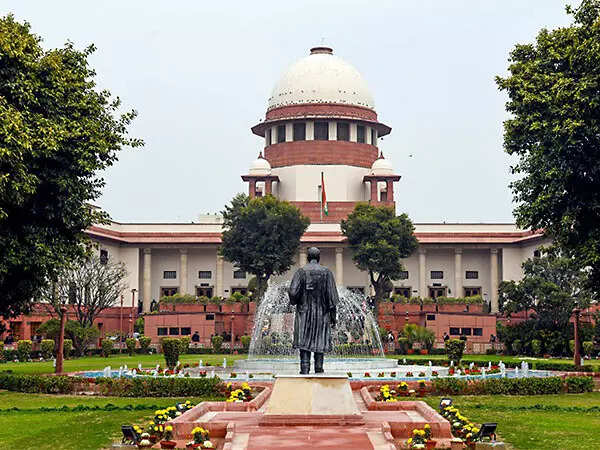
Supreme Court Slams GST Defaulters- Recently in a strong rebuke to a growing trend among GST defaulters, the Supreme Court on Monday condemned the practice of giving financial undertakings to secure bail from High Courts and then reneging on those commitments by approaching the apex court. The bench, comprising Justices K.V. Viswanathan and N. Kotiswar Singh, took serious note of the tactic, terming it a misuse of judicial process.
The matter before the Court involved a GST defaulter who had secured bail from the Madras High Court by undertaking to deposit ₹2.5 lakh within ten days. Once bail was granted, the accused approached the Supreme Court, arguing that the condition to deposit such a large sum was excessive and contrary to settled legal principles.
The Court found this behaviour unacceptable. “We cannot allow such persons to play ducks and drakes with the courts,” the bench observed. It noted that accused persons were increasingly adopting this strategy: agreeing to onerous conditions to obtain bail and then challenging those very conditions before the Supreme Court on technical or constitutional grounds.
The judges pointed out that such undertakings often foreclose a High Court from deciding a bail plea purely on its merits. “This conduct undermines the fairness and integrity of the bail process. If the offer to deposit money was not made at the beginning, the High Court would have decided the matter on its legal merits, without being influenced by monetary promises,” the bench remarked.
The Court emphasized that while bail conditions should not be unreasonably burdensome, the tactic of first volunteering to deposit substantial amounts and later disowning such commitments by claiming lack of authority or consent from the accused is not tenable.
Terming this strategy as an abuse of process, the Supreme Court set aside the Madras High Court’s bail order and directed it to reconsider the bail application solely on its merits, without reference to any earlier financial undertakings.
This decision reinforces the Supreme Court’s consistent position that legal proceedings cannot be manipulated through strategic undertakings, and that the integrity of judicial processes must be preserved.
https://www.youtube.com/@kanoonifriend
https://www.instagram.com/d_awanti?utm_source=ig_web_button_share_sheet&igsh=MTllenRkd3M5b28ydg==
Born from Courage, Built on Equality – The Journey of the POSH Act